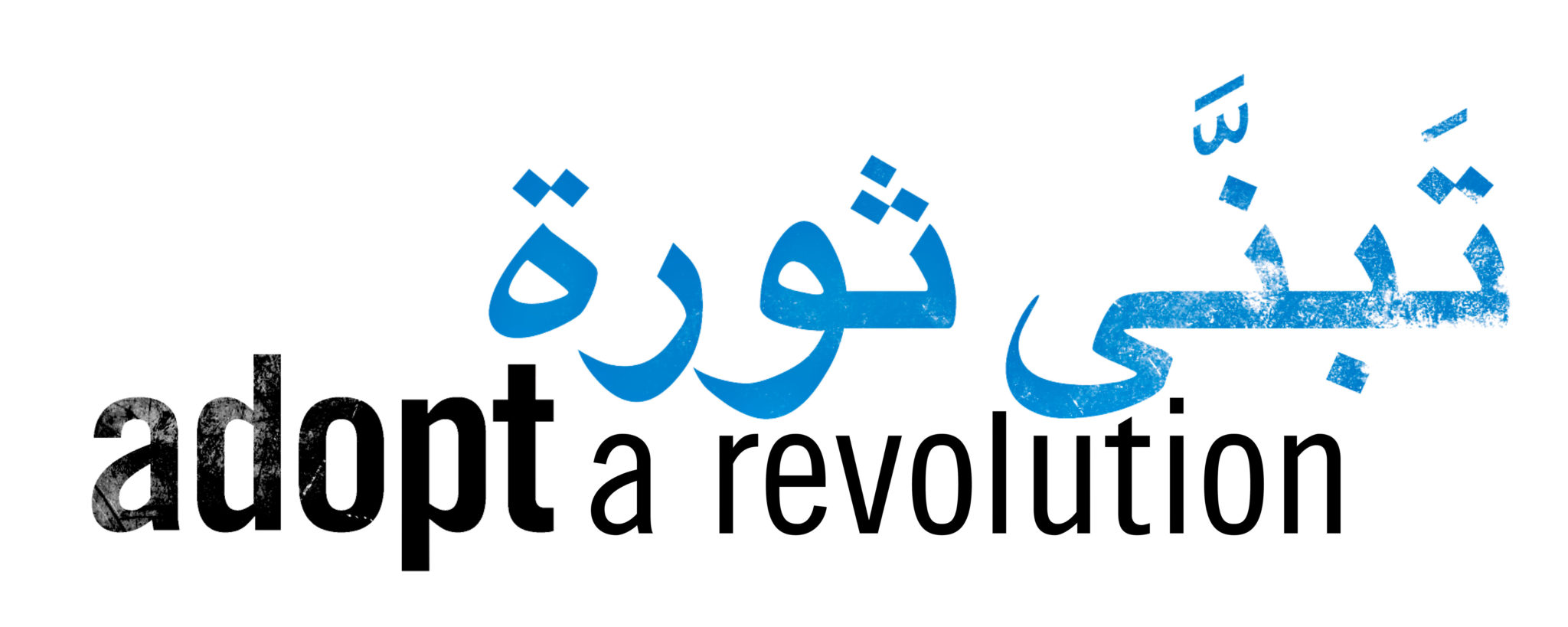In a conversation with an aid worker who provides help to both the regime and the opposition, Syria Deeply gives an insight into the difficulties of providing aid to civilians in need. The difficulties which are faced during the distribution of medical supplies or food range from long negotiations at checkpoints to refusing aid of the Danish refugee council because of the cartoon scandal. For the aid workers it is important to stay neutral and supply only to civilians. Describing the adapting strategies, “Kadar” explains how people adapt to this situation where they use two phones and 5 batteries, rushing to charge it when electricity comes or girls using powder to keep their hair from looking greasy. In her opinion, she states that no matter which side the people are on, they just want this war to stop: “They don’t want freedom or Bashar or anything [in particular] — they just want the killing to stop. It’s not important who controls the country if no one is left alive.”
Syria Deeply also interviewed Paul Salem of the Carnegie Middle East Center in Beirut on the Offensive against Homs. In his view, this offensive was very foreseeable as the regime is trying to secure the corridor between Damascus and Coast. Thereby, Homs is also essential for Hisbollah who can use the corridor as a buffer against Jabhat al-Nusra who would use it to enter Lebanon. Accordingly, the siege over Homs secures the stability of the regime over and indefinite amount of time even if Aleppo remains controlled by rebels. Additionally, Salem predicts a picture of Syria where neither a political nor a military solution seems to be close, thus for the next two years there the regime will enjoy a certain “sustainability”.
The daily telegraph reports about the use of chemical weapons in the Syrian town of Homs. During an attack by the regime last week, it is being reported that the regime tries used chemical weapons to ease the siege of Homs which has been widely controlled by rebels for the last year. Meanwhile the Syrian National Council picked a new president, Ahmad al-Jarba who seems to be backed by Saudi politicians.
Mariam Abdallah for “The Damascus Bureau” gives an insight of the people on the ground in Syria who reject the Syrian National Council as an ineffective, undemocratic organization that is interested in war whereas most of the people inside want the war to stop and negotiations with the regime to start. First the new interim government has yet become operational and the resignment of Moez al-Khatib has been a major step backwards. Syrians on the ground such as Mohammed, an engineer living in Damascus sees the monopolization of the transitional council is an illegal act. According to him, there should be a parliament elected by local coordination committees who might not be democratic but are most in contact with the people. This view is also expressed by an oppositional lawyer who describes the SNC as “mask created by the major world powers.”
Another activist expresses his wish for “a small group that can negotiate with the regime to end this conflict, which will either continue indefinitely or end in one of several worst case scenarios.” The first one to negotiate with is in this case Russia.
The Damascus Bureau also reports about the so-called “People’s Houses” in Qamishli which popped up to provide social and economic services to the residents of the city regardless of ethnicity or religion. However, visitors notice the decoration and the green, yellow and red flag of the Democratic Society Movement which has connections to the PKK. The organizers still insist that Mala Gel is not only for Kurds but for the whole city of Qamishli. Thus, the members of Mala Gel are elected and they have different committees which also step in to solve disputes in the neighborhood.
Aid supplies among the opposition and the government, the strategic value of Homs, critique of the SNC, People’s Houses in Qamishli – Media Roundup (8/7/2013)
In a conversation with an aid worker who provides help to both the regime and the opposition, Syria Deeply gives an insight into the difficulties of providing aid to civilians in need. The difficulties which are faced during the distribution of medical supplies or food range from long negotiations at checkpoints to refusing aid of […]

